There are different ways to enjoy diving and if you can’t get enough of it, consider a diving package. For avid divers, Diving is an opportunity to enjoy a diving getaway on board a specially designed vessel for the activity, while guaranteeing proximity and easier access to an extensive variety of well-known diving places. If you are interested in a great diving experience, here is a guide on How to plan for a perfect diving trip and the things that you ought to think about it.
Book diving packages with a legitimate supplier.
Verify the credentials of the organization and ensure that they are certified. Make certain to investigate their packages and the spots where they can take you diving. A portion of the best incentive for cash diving providers is at Thailand Dive and Sail. Respectable providers acknowledge a specific number of individuals per excursion to guarantee safety and comfort while on board the vessel.
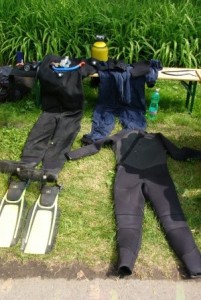 Your skill level
Your skill level
Diving is suggested for experienced divers with at least 20 plunges added to the repertoire. However, a few outings can be custom fitted to suit a less experienced person. Ensure the outing is directed by a mindful and respectable jump professional who can manage you. If you need preparing, jump focuses of liveaboard scuba diving packages ought to have the capacity to help you turn into a more skillful jumper.
Pack light
You will live in a vessel for a couple or more days with different divers, so make sure to pack just a couple of basics. Consider bringing along free shirts, shorts or skirts that can dry quick, flip lemon, no less than two trunks or bathing suits, and a hoodie or downy cover to warm your body. You will require the space in your space for your diving gear.
Adapting
 Consider arriving a couple of days early so you can get your body used to the adjustments in time zone, especially if you are from a Western nation and you are considering liveaboard scuba diving in Thailand. This could help you unwind and abstain from being stressed about postponements, as well.
Consider arriving a couple of days early so you can get your body used to the adjustments in time zone, especially if you are from a Western nation and you are considering liveaboard scuba diving in Thailand. This could help you unwind and abstain from being stressed about postponements, as well.
Ensure your gear is ready – Test it and have it adjusted by professionals before getting onto, so you can make sure that everything is working legitimately and securely.
To give a wonderful experience, the tour packages are very much planned and covers every single necessary thing like food and necessary allows so that you should simply put off your stresses and enjoy.

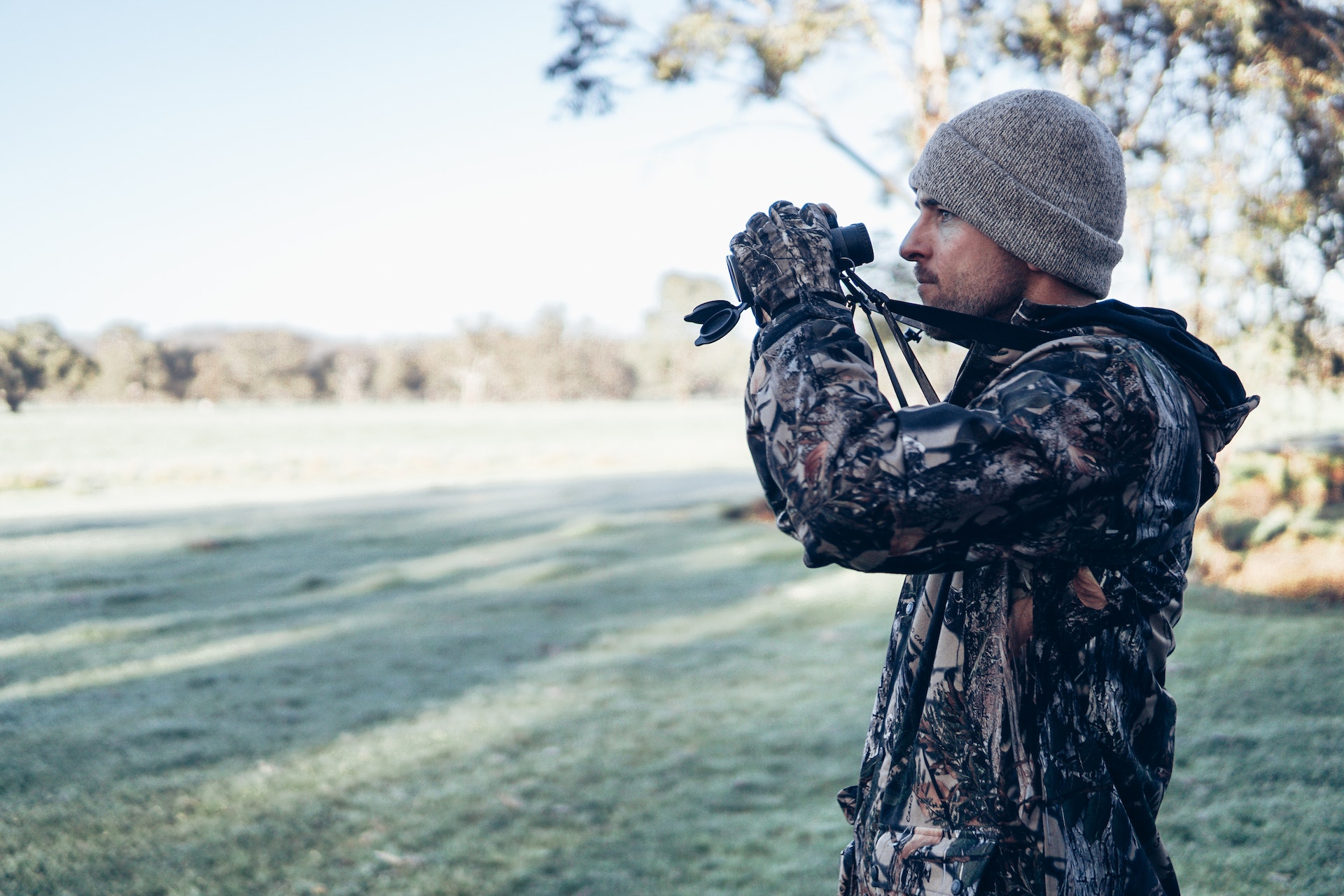
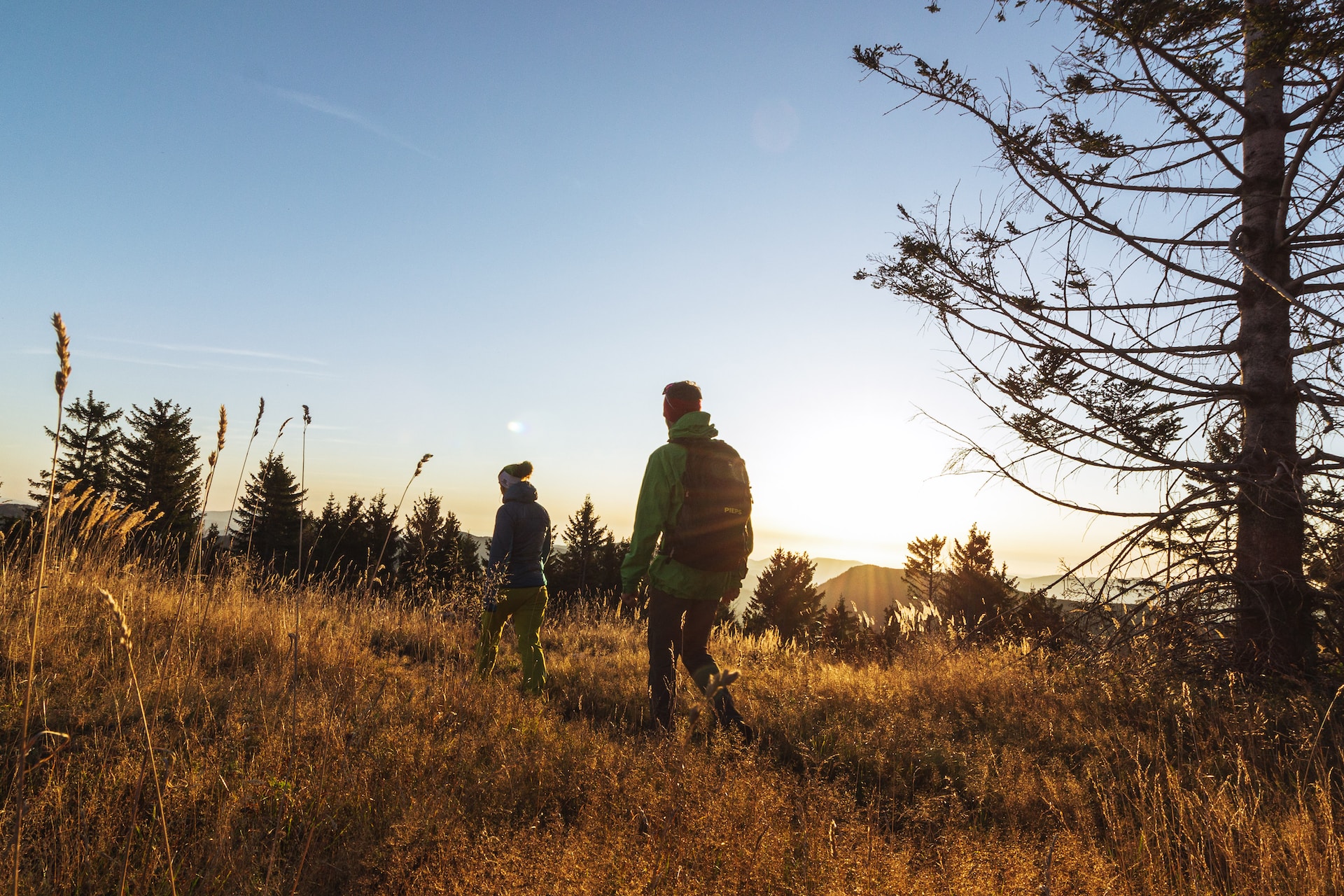
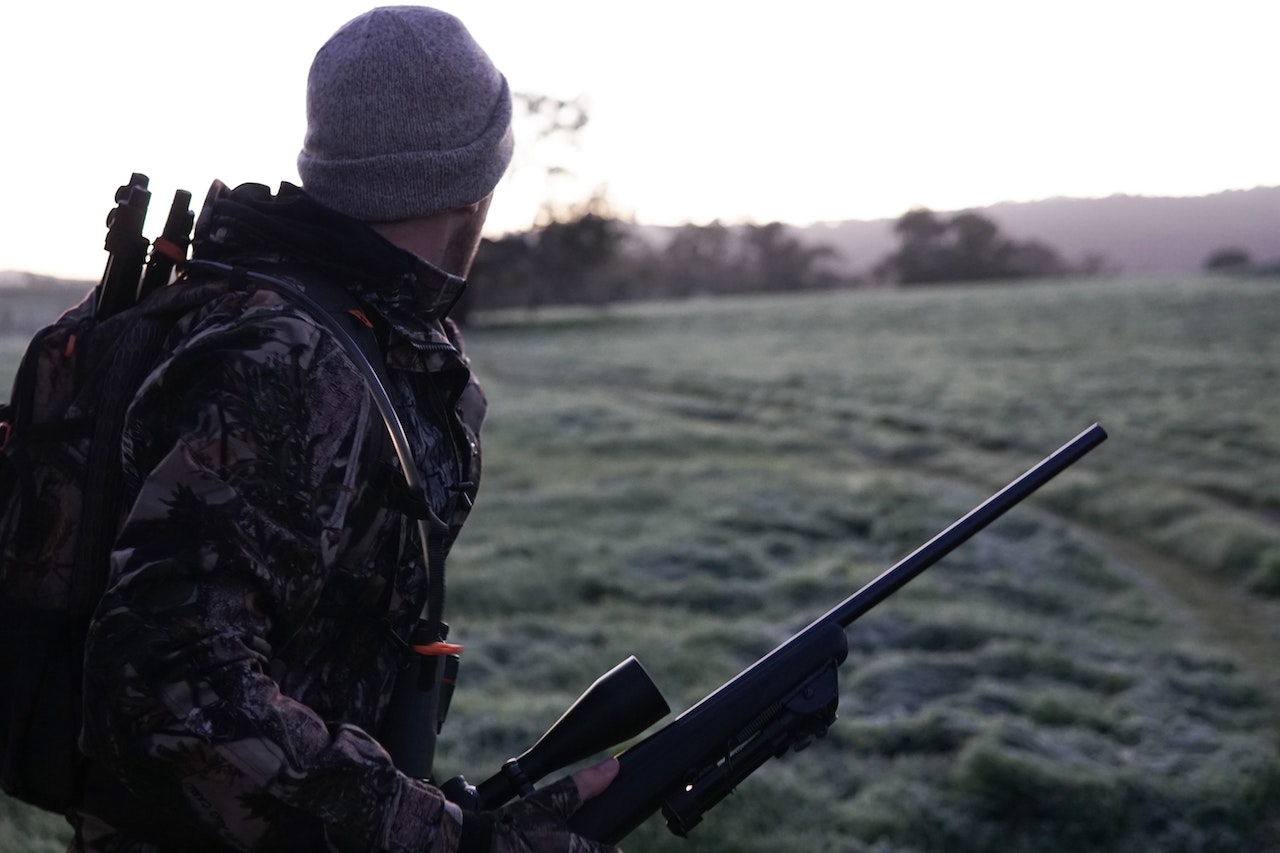
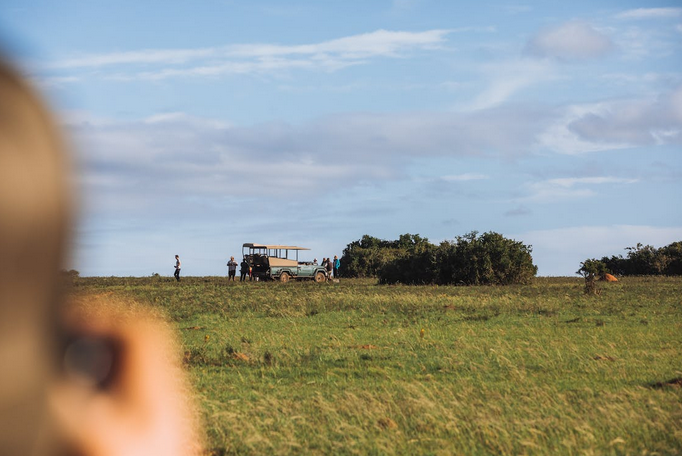
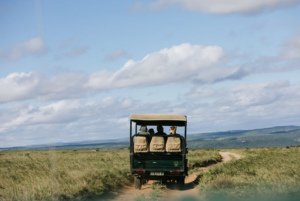 One of the most essential safety tips for South African travel is to know which areas to avoid. While the country has a lot to offer, some areas are best avoided, especially if you’re a tourist.
One of the most essential safety tips for South African travel is to know which areas to avoid. While the country has a lot to offer, some areas are best avoided, especially if you’re a tourist.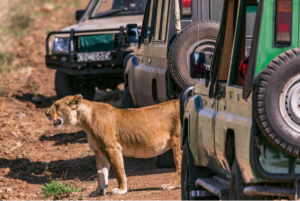 You can do many different adventure activities in South Africa, from safaris to bungee jumping. While these can all be great experiences, it’s essential to make sure you pick a reputable company. Do some research ahead of time and read reviews. Suppose something sounds too good to be true or is significantly cheaper than other options.
You can do many different adventure activities in South Africa, from safaris to bungee jumping. While these can all be great experiences, it’s essential to make sure you pick a reputable company. Do some research ahead of time and read reviews. Suppose something sounds too good to be true or is significantly cheaper than other options.

